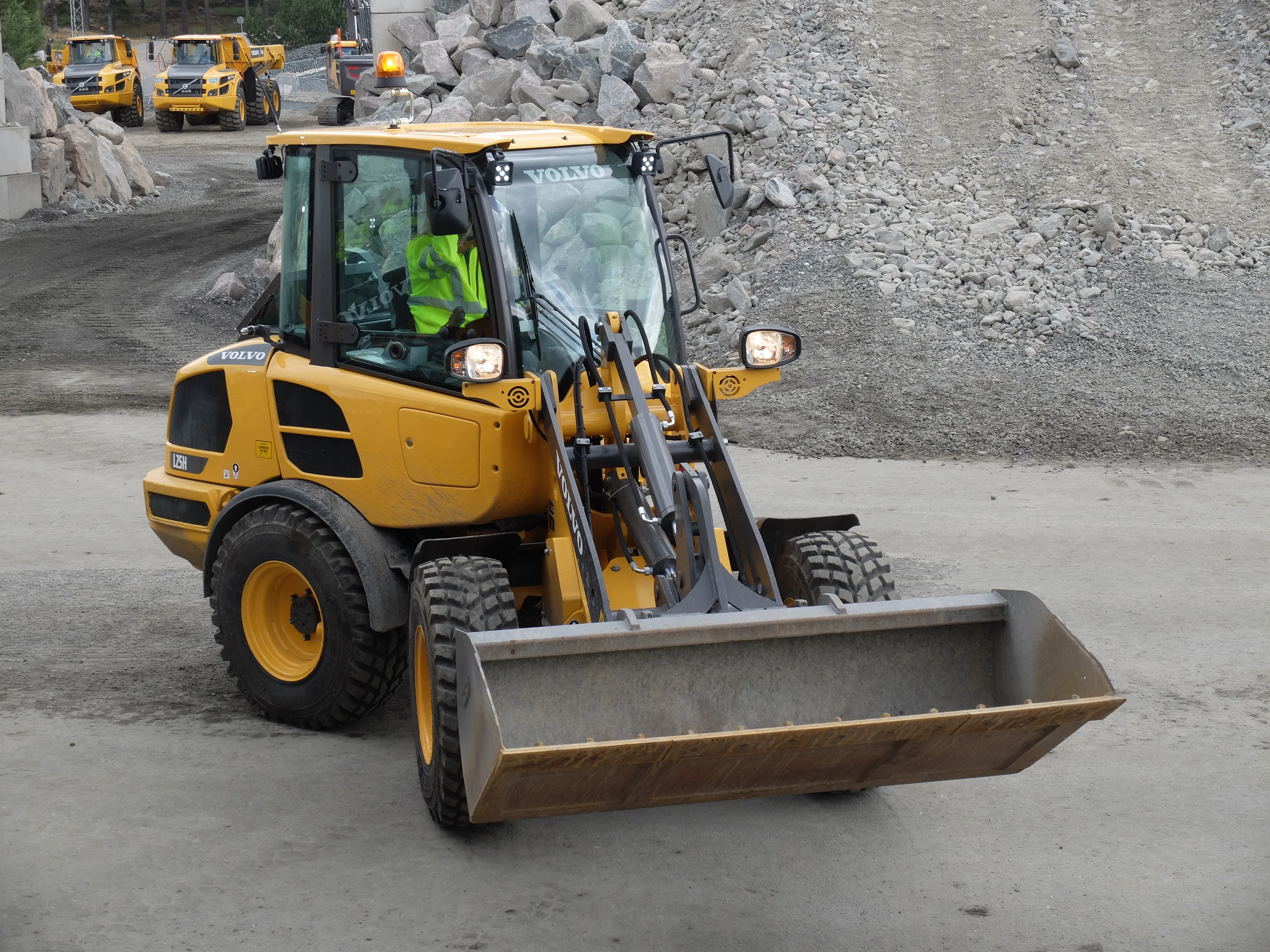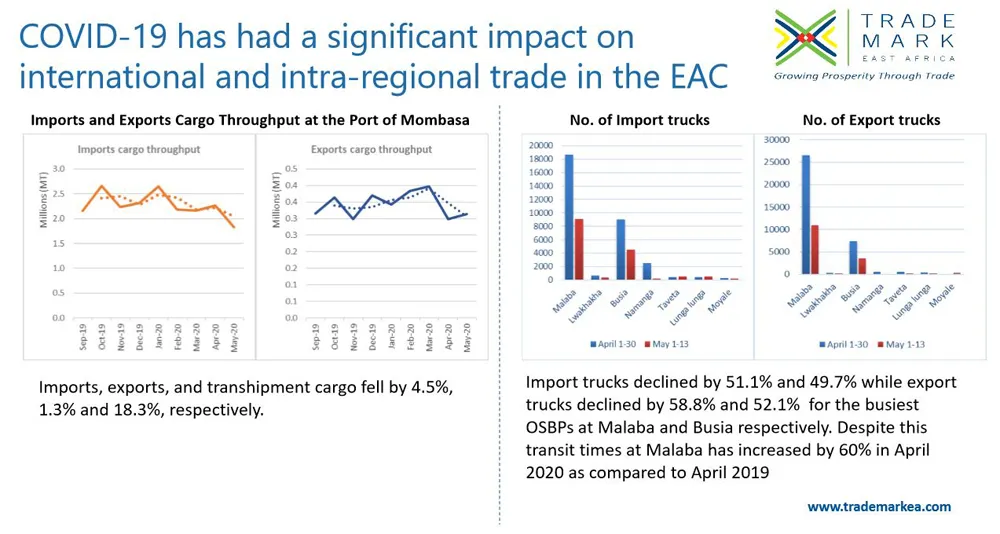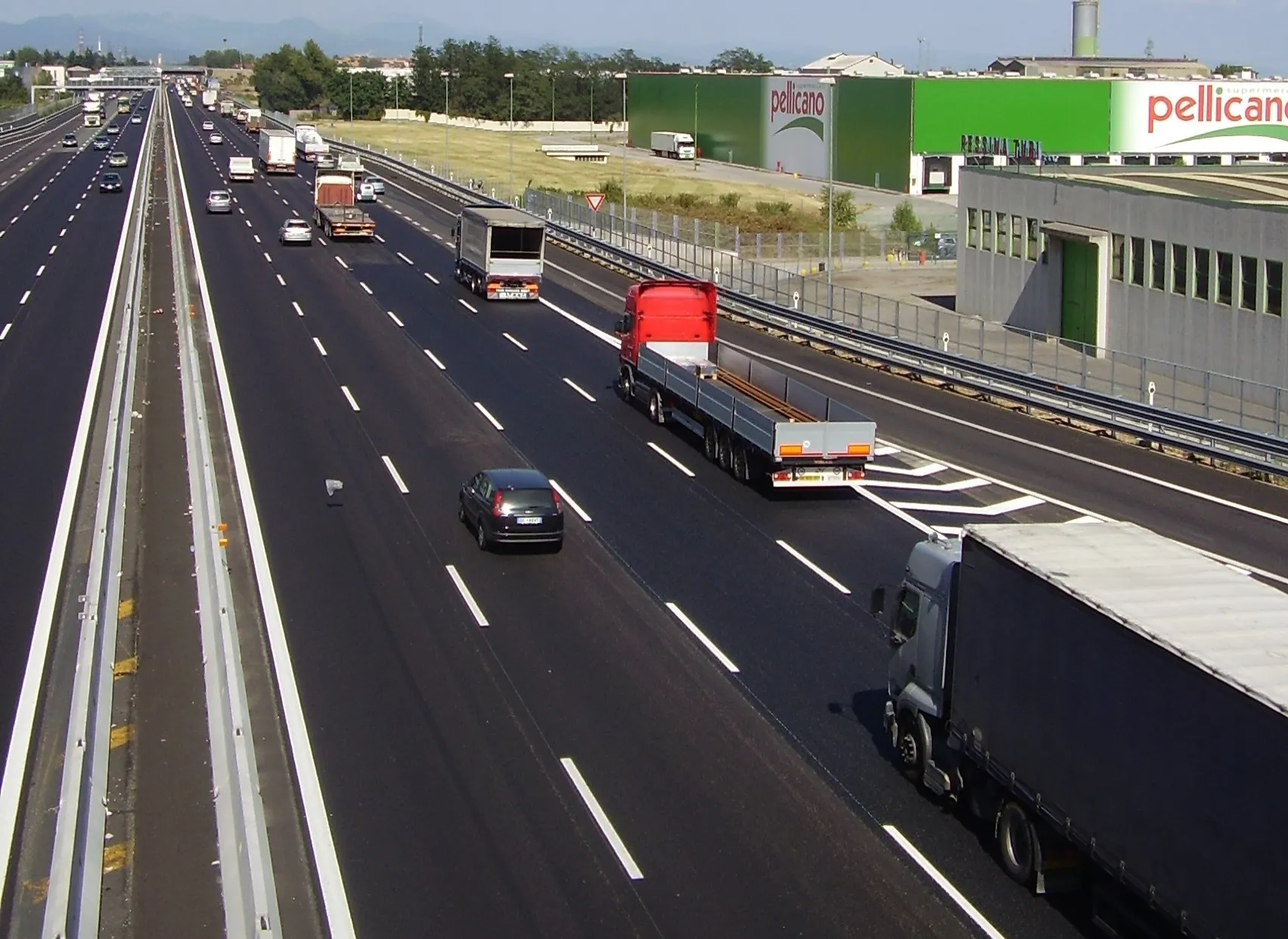
A new report highlights how the market for compact wheeled loaders will grow, once the current pandemic has passed. According to the report, the market for compact wheeled loaders could hit US$6 billion in 2030. At present manufacturing downtime due to the COVID-19 virus will hinder sales however.
The report has been compiled by Future Market Insights (FMI). It shows that compact wheeled loaders are used in several industries to load materials from one place to another. They are used in large numbers in the construction industry, where they provide a stepping-stone between skid steer loaders and mid-large wheeled loaders. In addition, compact wheeled loaders are used in the industrial, and utility sectors.
An increasing interest in the potential for electric compact wheeled loaders to attain zero carbon emission will further drive this compact machine market. According to FMI’s new research report, demand for compact wheeled loaders will be grow in Latin America, Oceania, and South Asia are estimated to grow at a significant pace, owing to ongoing construction activities and infrastructural investments in these regions.
Construction activity is anticipated to remain the foremost application in the global market, and hold the dominating market share throughout the forecast period. Key industry players are focusing on launching new products driven by advanced technologies to gain a competitive advantage in the global compact wheeled loaders market landscape.
The ongoing global COVID-19 health crisis is estimated to negatively impact the overall construction equipment market, due to prolonged inactivity in the construction industry, interrupted fund flows for operations, and overall delays in construction project timelines.
As a preventive measure against the COVID-19 crisis, a majority of manufacturers have been prioritising workforce safety and are shutting down most of their production plants for a limited time duration.
In certain regions, the construction equipment industry is facing challenges of complying with strict standards. These standards require manufacturers to invest heavily in new technologies, shrinking their returns on investments (ROI).
The compact wheel loaders market is consolidated, owing to the presence of a limited number of manufacturers across the globe. Introduction of technologically-advanced products while adhering to stricter environmental regulations is among the key strategies being adopted by prominent manufacturers, worldwide.
Governments across the globe are enacting stringent regulations in an effort to reduce carbon footprint. Electric compact wheel loaders curb carbon emissions by around 30% as compared to conventional construction equipment, given their advanced engine technology.
These insights are based on a report on Compact Wheel Loaders Market by Future Market Insights.
www.futuremarketinsights.com/reports/compact-wheel-loaders-market








